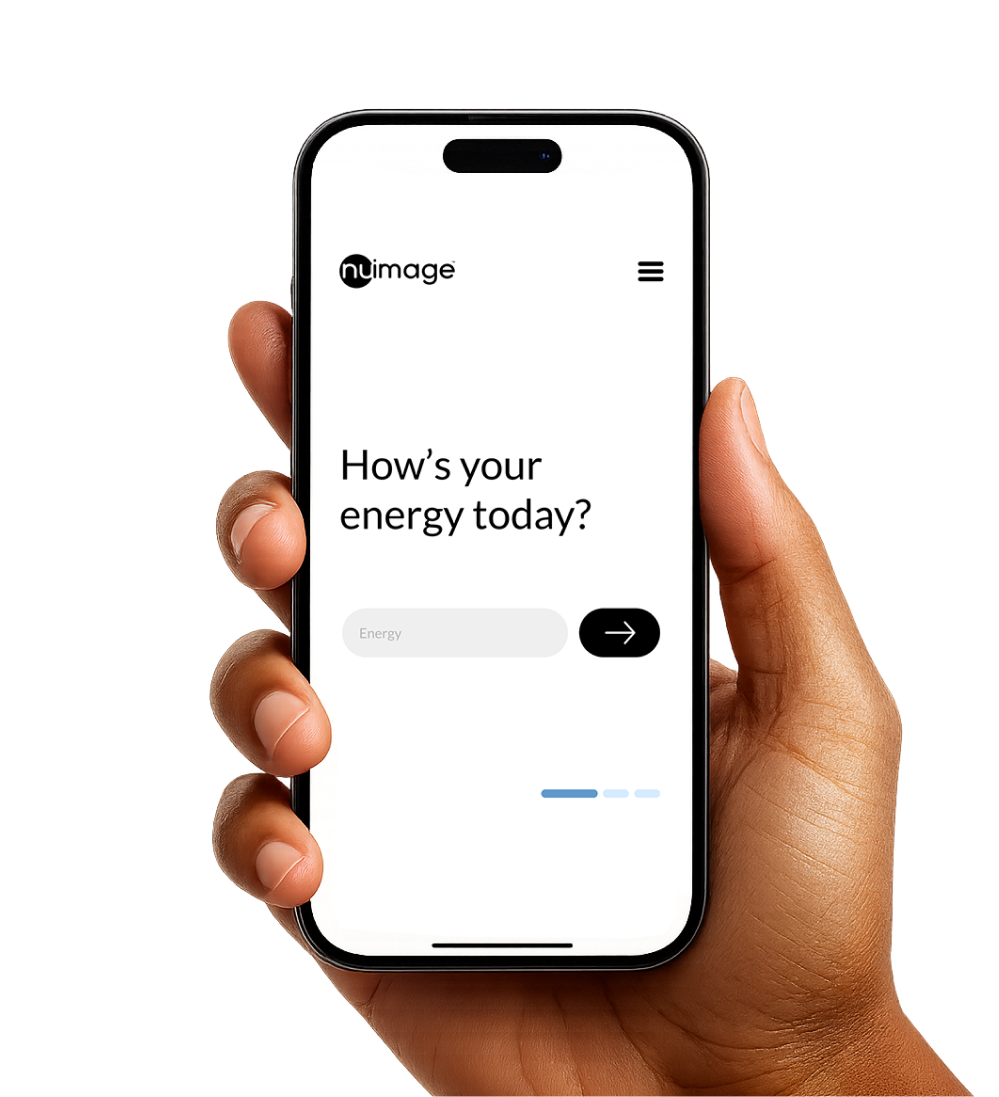Menu
Weight loss
Hormones
Sex
EXPLORE
MEET NU IMAGE MEDICAL
TREATMENTS
MEET NU IMAGE MEDICAL
TREATMENTS
MEET NU IMAGE MEDICAL
Sermorelin
Developed as part of a physician-guided wellness program, Sermorelin offers three convenient delivery options—Injections, Rapid Dissolve Tablets (RDT), or Nasal Spray—each designed to fit your lifestyle and support your wellness goals.


Injections
Precision and Structure
Injections provide a direct and reliable way to administer Sermorelin. They allow for personalized dosing, are simple to use at home, and are suited for those who prefer a structured routine.
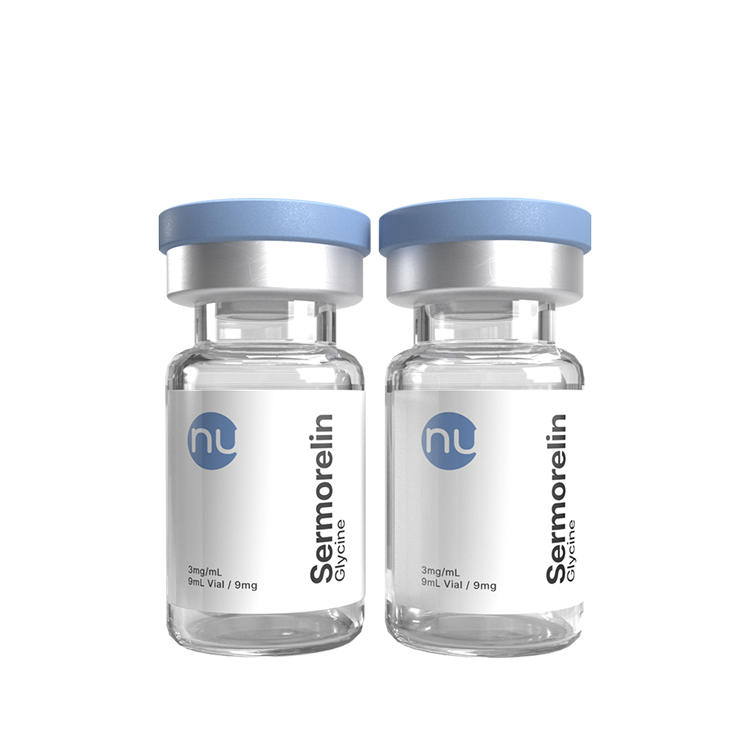
Rapid Dissolve Tablets
(RDT) simple and practical
RDTs dissolve quickly under the tongue, offering a needle-free option that is both comfortable and discreet. Their portable format makes them convenient for travel or busy days, with glycine included as part of the formulation.
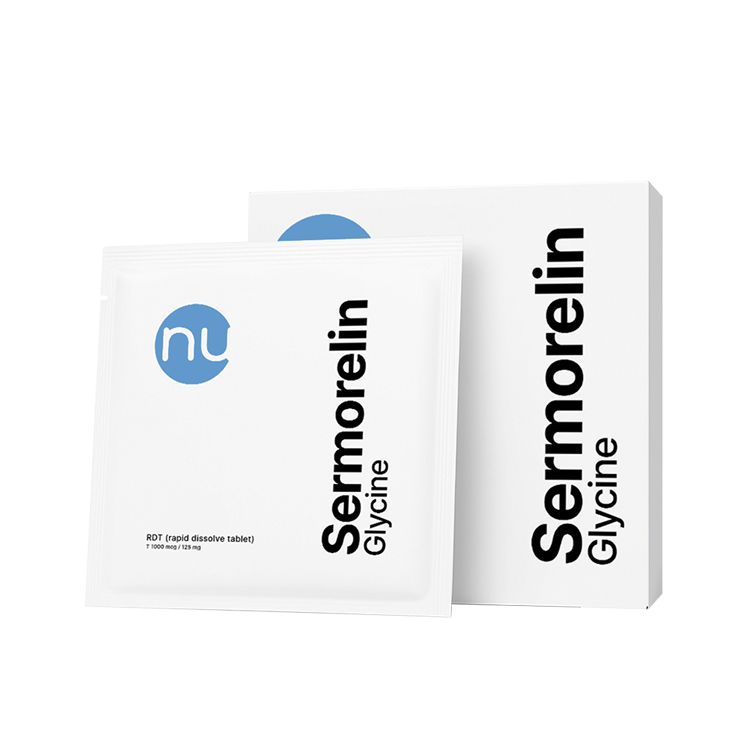
Nasal Spray
Precision and Structure
The nasal spray delivers Sermorelin through a quick spritz, with absorption via the nasal passage. Compact and easy to carry, it is designed for those who want a straightforward and needle-free experience.
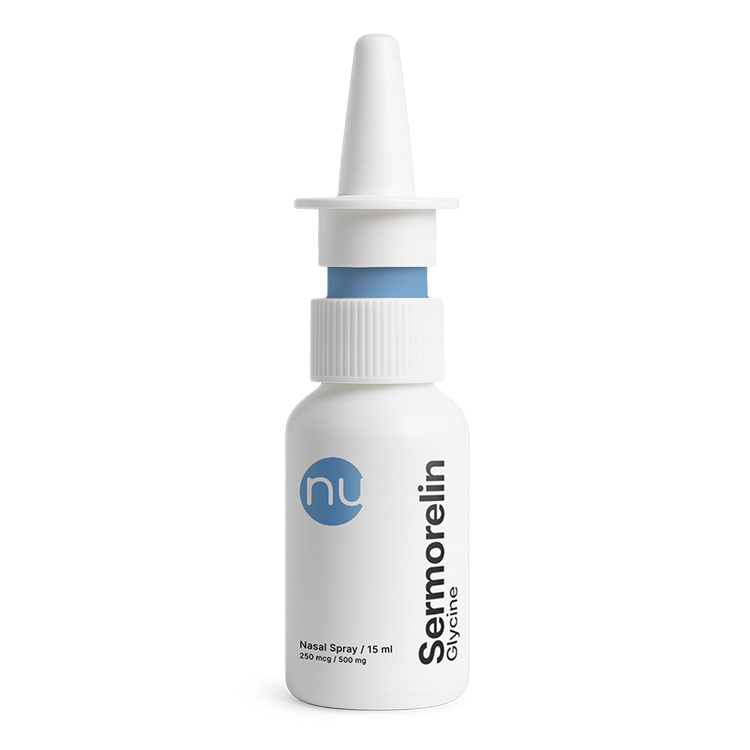
The Sermorelin reported benefits:
Energy Support
Helps you feel more active and less weighed down during the day.
Sleep Quality
Encourages a more restful and consistent nightly routine.
Stress Recovery
Designed to assist with balance after daily physical or mental demands.
Metabolic Balance
Part of routines that consider nutrition and overall wellness.
Why Sermorelin?
Sermorelin is a growth hormone–releasing hormone (GHRH) analog that functions as a secretagogue, working with the pituitary gland to encourage natural hormone activity. It is used within physician-guided wellness programs to support balance as part of an individualized approach.
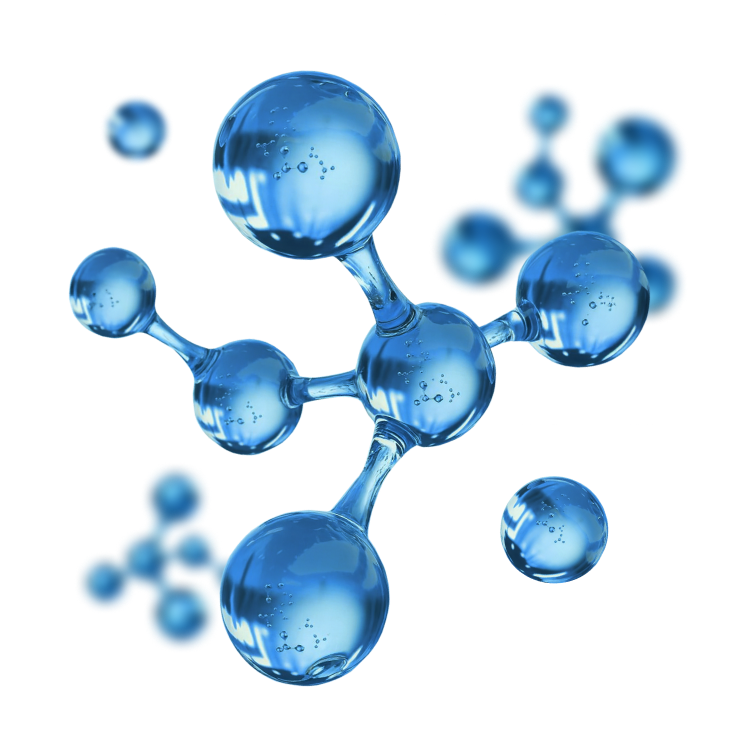
When Growth
Hormone levels are low
Lower levels may be associated with changes in energy, sleep, and overall balance, sometimes reflected in mood, body composition, or other wellness factors.
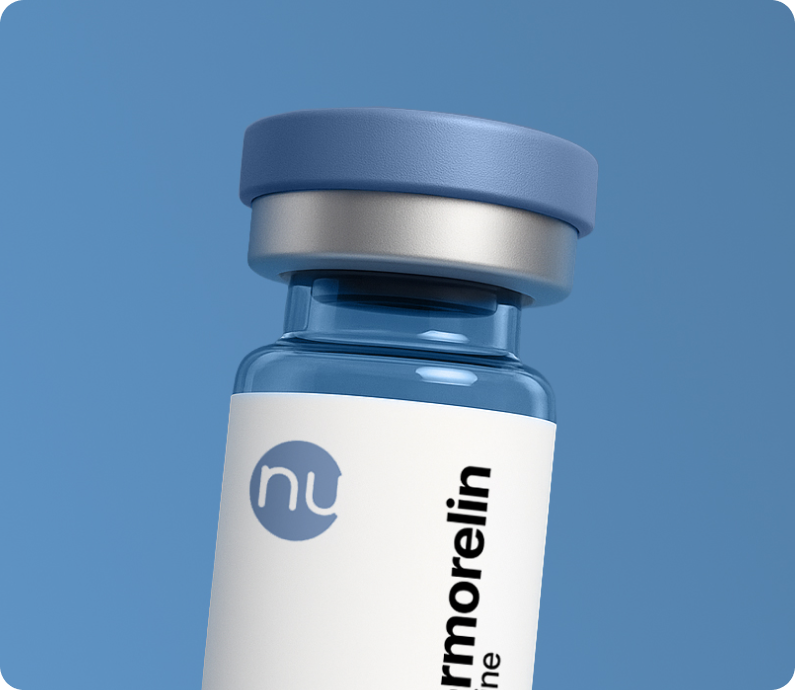
Ongoing tiredness
Low growth hormone activity can leave you feeling drained, with daily tiredness that rest alone doesn't fix.
Changes in sleep patterns
Hormonal shifts may bring irregular sleep, with restless nights, early waking, or a feeling of poor rest.
Abdominal fat increase
When hormone balance is off, the body may shift composition, often storing more fat around the midsection.
Why Nu Image Medical®
Telemedicine Access
Connect with licensed providers through virtual consultations from the comfort of your home.
Compounded Treatments
Formulas are prepared with care to support each program under professional guidance.
Program Support
Includes lab work and ongoing guidance as part of a structured wellness plan.
Flexible Payments
Options available to make access simple and manageable for different needs.
Delivery Methods
Choose from multiple administration formats designed for convenience and ease of use.

Stay informed, stay safe
Before getting started, it's important to review the basics. Here you'll find general details about the program and key information to keep in mind throughout the process. This resource is always available so you can revisit it anytime and feel prepared each step of the way.
Take Charge
of your wellness
Ready to get started?
Ready to get started? Take the first step in focusing on your wellness. Our program includes an initial orientation and the option to learn more about how it works. You can explore full information on our website or schedule a free consultation with a specialist to answer your questions and plan the next step.
